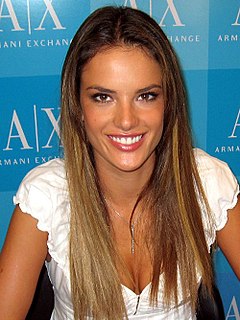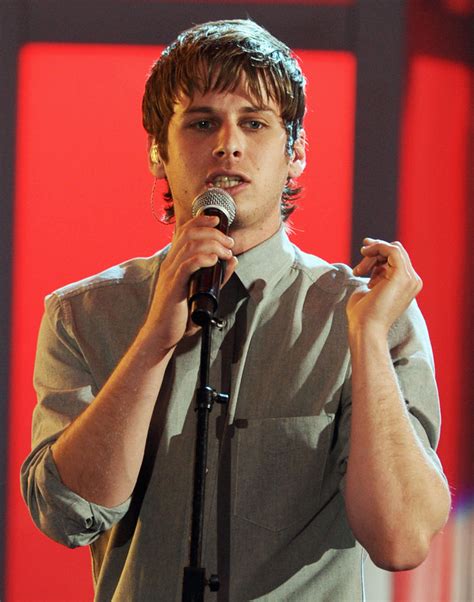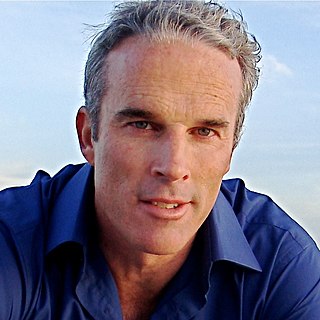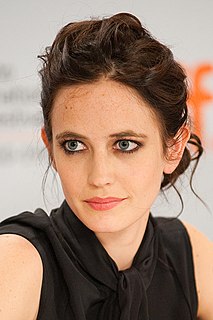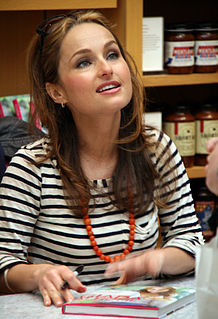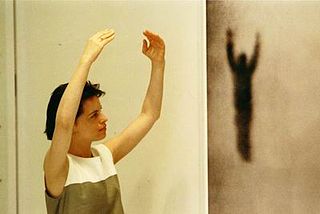A Quote by Zac Efron
It's hard to film underwater. It really is tricky. You don't have goggles, so you can't see anything. You don't know where you're swimming to. Everything's blurry.
Related Quotes
Russell James asked me to shoot underwater. He tied my feet under the water. I don't know how many feet - maybe five, six meters. He tied me underwater and I had no air. Somebody had a tube, and they were giving me some oxygen, but I couldn't really see anything. Everything was blurry. I'm waiting for the oxygen - that was the craziest thing.
That's part of the comedy, too, is we do have jokes throughout of hanging a lantern on the absurdity of the world. Like, when BoJack's flying over the neighborhood, you see some houses have swimming pools in the backyard, and what does that mean? Why would there be a swimming pool underwater? But we thought it was funny.
Po swirled upward from where it had been sitting, and floated over to the window. "When you go swimming and you put your head under the water," Po said, "and everything is strange and underwater-sounding, and strange and underwater-looking, you don't miss the air do you? You don't miss the above-water sounds and the above-water look. It's just different." "True." Liesl was quiet for a moment. Then she added, "But I bet you'd miss it if you were drowning. I bet you'd really miss the air then."
I've never found anything to be lacking in a blurry canvas. Quite the contrary: you can see many more things in it than in a sharply focused image. A landscape painted with exactness forces you to see a determined number of clearly differentiated trees, while in a blurry canvas you can perceive as many trees as you want. The painting is more open.
I rehearsed it a lot underwater with a mouthpiece for Casino Royale and not freaking out, because you can't see a thing. It's like being in a really bad nightmare. I've never seen somebody drown, but I really swallowed water. It was like choreography. It was very emotional. I was crying underwater at one point.
Panorama is the first word for landscape in Greek. It was about [how today] we see everything, we get to see everything, everything is shown to you whether you want it or not, but all of the time you only see fragments of reality. The big picture we really don't see; it's kind of hard to make it up.
In swimming, especially training out in the ocean and open water, you got fogged-over goggles, you're stuck with your own thoughts - there's great benefits to that, deep thinking like that after many hours, but there's also tremendous loneliness. You burn out. You want to run, jump, ski, do anything. So at age 30, I was finished.

